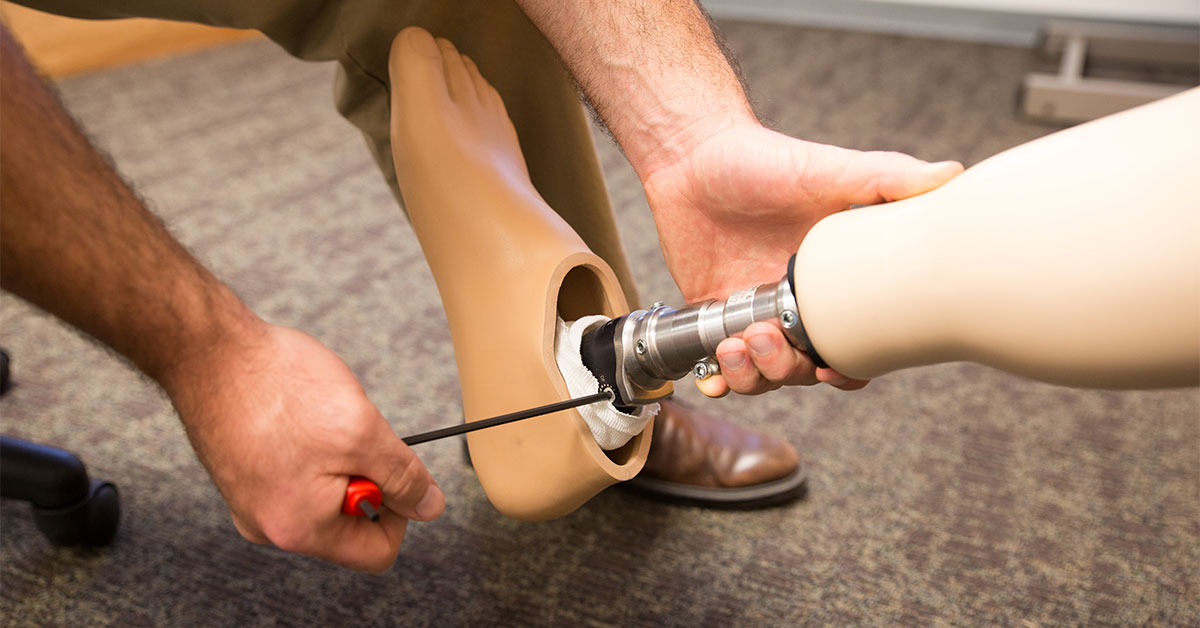What Should Seniors Know Before Considering a Prostatectomy?

When considering a prostatectomy, seniors face a decision that could significantly impact their quality of life. It’s not just any surgery; it’s one often recommended for treating prostate cancer.
For those living in retirement communities, the choice needs extra thought. Support and healthcare options aren’t always the same everywhere. This article aims to provide seniors with essential knowledge on these aspects to help them make an informed decision.
Understanding the Procedure
Removing the prostate gland (prostatectomy), sometimes along with nearby tissue for cancer treatment, can be done in a few ways—open surgery, laparoscopic, or through robotic-assisted techniques.
Each method has its pros and cons. Open surgery gives surgeons a great view but might mean a longer healing time. On the other hand, laparoscopic and robotic surgeries are less harsh on the body. They could lead to faster recovery times and less discomfort.
The best choice depends on several factors, like health status, how severe the disease is, and what the surgeon thinks is best. It’s really important for older adults to talk it over with their healthcare provider to figure out which option aligns well with their health needs and personal preferences.
Evaluating Risks and Benefits
Choosing to have a prostatectomy is a big deal, especially for older adults. Age plays into both the risks and rewards of this surgery. Possible downsides include infection, bleeding, trouble with bladder control, and issues with sexual function. These can really impact someone’s quality of life.
However, if facing a prostate cancer diagnosis, benefits might tip the scale. A successful operation can take out cancer and stop it from spreading further, which boosts long-term survival chances significantly.
Preparing for Surgery
Getting ready for a prostatectomy means taking several steps to aim for the best results. Older adults should work on getting healthier with good food and exercise, following their healthcare team’s advice. It’s also key to talk about possibly needing help after surgery, especially if living in retirement communities.
Knowing what the surgery involves helps, too, like how long the hospital stay might be, what care is needed afterwards, and when follow-up visits are scheduled. This can make things less stressful by setting clear expectations.
The Role of Support Systems
Post-operative recovery is a critical phase, and the support network for older adults really matters. For those in retirement communities, tapping into healthcare services and community help can make recovery smoother.
Emotional support from family, friends, and caregivers also plays a big part. They help with everyday tasks, which boosts both speed and quality of recovery. It’s vital for seniors and their families to prepare for this stage ahead of time. Having a strong support system helps meet physical and emotional needs during healing.
Wrapping Up
Seniors thinking about prostate surgery need to take a proactive approach. They should really dig into what the operation involves and weigh its pros against cons. Getting ready for the procedure and making sure there’s a strong support network waiting to help with recovery are very important. With all this knowledge in hand, they can make choices that fit both their health needs and life plans perfectly.


